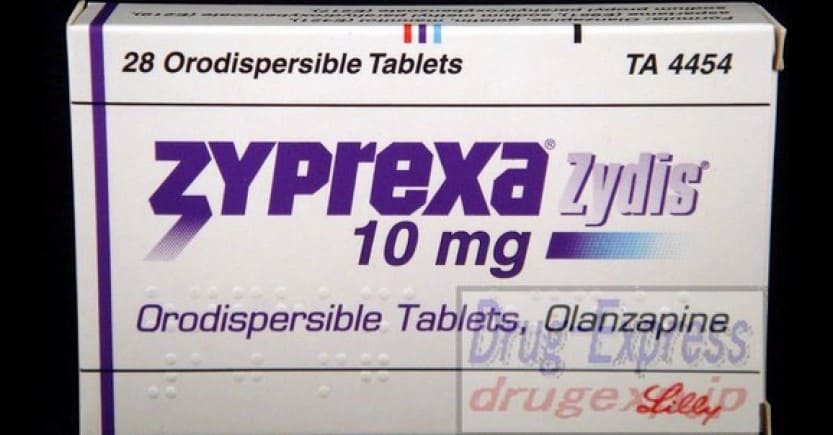Depression: Prevention and Treatment
Depression results from a combination of genetics, lifestyle, and environmental factors.
In general, lifestyle changes that may help avoid depressive periods include: staying engaged with others (the right support group can be valuable); taking advantage of habits such as journaling, time management, reducing stress, and exercise. Taking care of yourself with proper foods and adequate sleep is also important.
Exposure to toxins, scented products, and allergens have been known to play a role in some cases of depression. Food allergies or sensitivities and digestive problems (along with candida overgrowth) have also been linked to depression.
When treatment is needed, standard approaches focus on anti-depressants: 1) selective serotonin reuptake inhibitors; 2) serotonin and norepinephrine reuptake inhibitors; 3) norepinephrine and dopamine reuptake inhibitors; and 4) atypical antidepressants. Each of these has negative side-effects that many seek to avoid.
For non-drug or natural therapies that may help in depression, please see our article Integrative Therapies for Depression.
There’s not one single answer for depression, so be prepared to work with a healthcare provider to find the approach that is best for you.
.




.
Related articles are shown below. If you don’t find what you’re looking for, you can search using the box at the upper right of the page or browse our forums.
One reason our organization is not “anti-drug” is because antidepressants (and other conventional medications) sometimes save lives. This is not to say that natural treatments don’t work for depression—they certainly can, and these interventions often […]
Dr. William Shaw reports that cholesterol supplementation reverses many symptoms of autism in Smith-Lemli-Opitz syndrome disorder. This deficiency is also common in “regular” autism. The connection between low cholesterol and some cases of autism is encouraging, […]
Encouraging evidence continues to grow for a link between low folate levels and depression for some people. Folate, a B-vitamin, is also known as folic acid. The journal of Clinical Nutrition published results of a […]
During the winter, the “blues” seem to catch up with many people, particularly in the cold climates. Classic theories have ranged from the stress of holiday demands to feeling lonesome or disappointed when holiday emotional […]
With almost 30 million people in America taking antidepressants, special attention should be paid to a new comprehensive review of studies on antidepressants and their potential role in the development of breast and ovarian cancer. A […]
Eli Lilly says it didn’t break any laws in marketing its most popular drug, Zyprexa (olanzapine) for medical conditions for which it is not approved. Yet, the company is considering a one billion dollar settlement […]
Depression affects more than 21 million children and adults in the U.S. each year. By understanding the potential causes of depression and approaches beyond standard medications, we can impact the prevention and treatment of this […]
Researchers from University of California Riverside and Duke University propose a new and less expensive approach to treating depression. Practicing positive activities may serve as an effective, low-cost treatment for people suffering from depression, according […]












